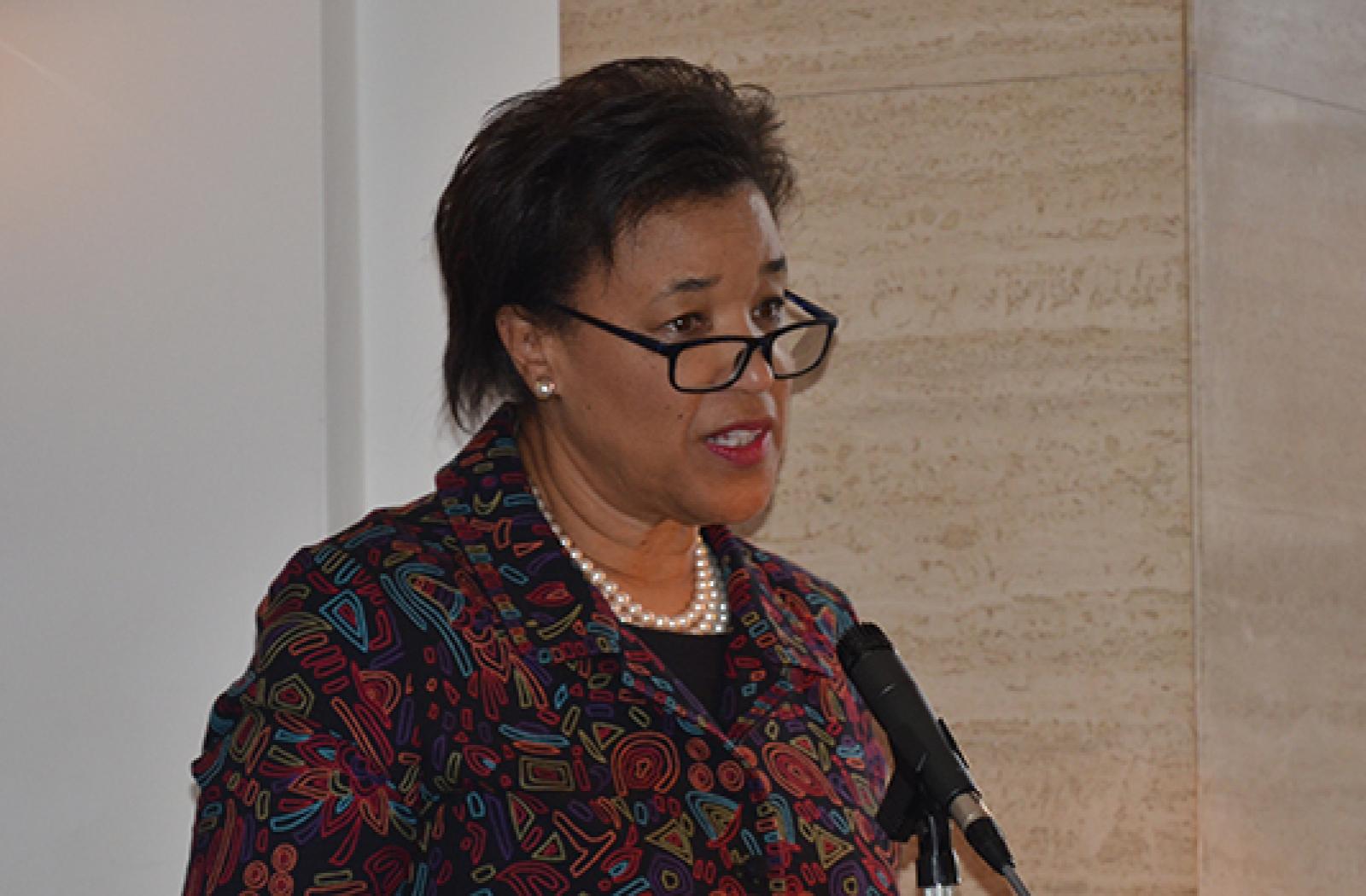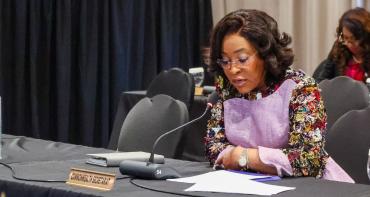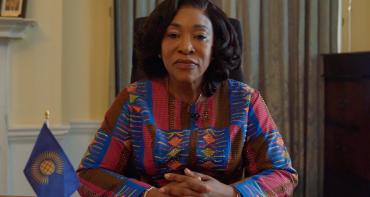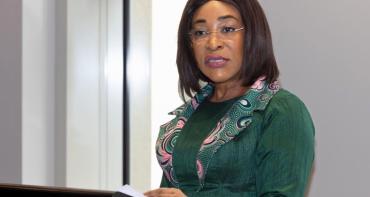Commonwealth Secretary-General Patricia Scotland was speaking at the Institute of Commonwealth Studies Conference’s keynote Peter Lyons Memorial Lecture in London.

It is incumbent upon states to investigate promptly and impartially the murder and brutality against journalists, Commonwealth Secretary-General Patricia Scotland said. She was speaking at the Institute of Commonwealth Studies Conference’s keynote Peter Lyons Memorial Lecture in London.
Entitled ‘The Commonwealth and Challenges to Media Freedom’, the Secretary-General analysed the strengths, weakness, opportunities and threats of the state of media freedom in the Commonwealth.
“A total of 61 journalists died in 2016 simply for doing their jobs, according to the Press Freedom Barometer compiled by Reporters without Borders,” she said. “This is a serious indictment of our collective efforts to build a safer and more inclusive future.”
Secretary-General Scotland said she was pleased that the Commonwealth Journalists Association and the Commonwealth Press Union Media Trust, along with other Commonwealth organisations for lawyers and other professions, were examining the possibility of a Commonwealth declaration on the media and good governance. Their proposals would include establishing mechanisms for assessing and delivering remedies for serious and persistent breaches and violations. She hoped this might lead to something similar to the Commonwealth’s doctrine of the separation of powers, which is better known as the Latimer House Principles.
The Secretary-General continued, “Indeed, for those of us hoping to move towards adopting distinctive Commonwealth principles on the media in line with the normative framework of international human rights law, the process by which the Latimer House Principles came into being is an encouraging example of how the Commonwealth works. The original proposal emanated from a small informal ginger group of experts within Commonwealth professional organisations.”
Secretary-General Scotland said the Commonwealth Secretariat and civil society needed to work together to ensure that a shared vision on media freedom was realised. She explained that she had created a Commonwealth Office of Civil and Criminal Justice Reform. It would build on the Commonwealth’s shared inheritances of the common law, similar legislatures and judiciaries, as well as its systems of regulation. The Secretary-General said that the appalling number of murders and brutality which often take place within the systematic persecution of journalists and bloggers was a weakness.
“On media freedom, and upholding rights of expression, as much as on anti-corruption and procurement, creating best practice toolkits empowers our member governments to uphold and continually strengthen protection of rights, freedoms, and transparency in their jurisdictions,” she said. “When such outrages occur, they contribute to a pervasive atmosphere of terror and fear”, said Secretary-General Scotland. “There is also an escalation in state intervention to control or curb the freedom and autonomy of the internet, with interventions to limit editorial freedom, whether as a result of corporate, party political, or government diktat.”
The Commonwealth could show collective resolve to address freedom of the media by working together to implement the UN Action Plan on the Safety of Journalists and the Issue of Impunity. This would create a free and safe environment for journalists and strengthen peace, democracy and development worldwide, she said.
The Secretary-General continued that closely allied to these constraints was the phenomenon of ‘fake news’. Repeating these reports from unreliable sources distorted the understanding of political developments and undermined the public’s trust, she said.



